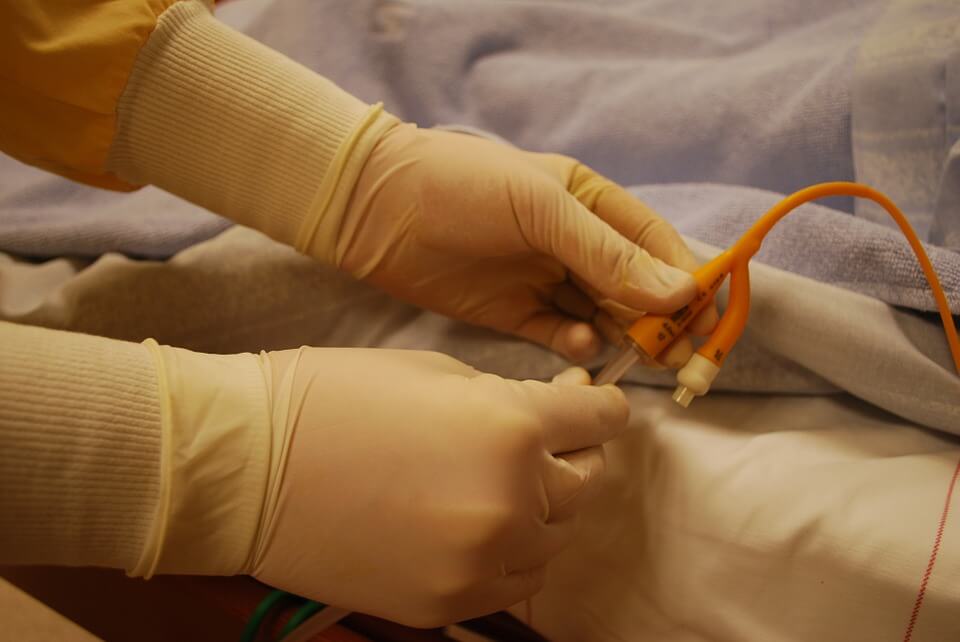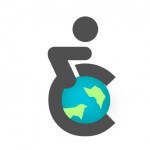If you are new to using a catheter, the prospect of traveling (especially flying) can be an intimidating one. It is understandable that you might want to avoid the whole thing and stay at home. But there’s no need to be fearful! traveling with a catheter
With some simple preparation and planning, you can travel with a catheter.
What’s the most important thing to keep in mind?
Keep it clean! The availability of sterile restrooms or areas to catheterize, as well as the general risk of bacteria in unfamiliar settings can create problems if you’re unprepared.
Use hand sanitizer and antibacterial wipes as the first line of defense to keep your hands as clean as possible and sterilize any surfaces you will need in order to catheterize.

How much should I pack?
You should have supplies for two extra days. Bring extra catheters, hand sanitizer, antibacterial wipes, and lubricants.
You can pack the majority of your supplies in a carry-on bag so everything you need is close for easy access.
Keeping catheter supplies in your carry-on bag is a good preventative measure in case the airline loses a bag or you need to use your catheter before you get to your checked luggage.
Isn’t it much harder to get through security?
Getting through security should pose no problem, but it does take some preparation.
The first step is to call the airline 72 hours before the flight so they can be aware and give you any specific details about traveling with your catheter.
Travelers requiring special accommodations or concerned about the security screening process at the airport may ask a TSA officer or supervisor for a passenger support specialist who can provide on-the-spot assistance.
For more information check TSA’s website: https://www.tsa.gov/travel/passenger-support and https://www.tsa.gov/travel/special-procedures.
Medications are exempt from the 3.4 oz. TSA rules, but it will make your experience easier if you divide lubricant into a smaller bottle.
What if I have a long flight?
If possible, empty your bag before you board the plane because airplane bathrooms are notoriously dirty.
When you sit, make sure there are no kinks in the catheter line.
Some avoid drinks while flying, but that might not be a good idea. You need to stay adequately hydrated to avoid infection.
Will anything burst and leak because of cabin pressure?
Some people worry about the increase and decrease in cabin pressure. You shouldn’t experience any issues because fluids do not respond to pressure changes.
During the flight, air compresses, while liquid does not — that’s why an empty plastic bottle will compress but a full water bottle will stay intact.
Can I travel abroad?
Of course! If you are traveling to a country with poor water quality, you can bring ready-to-use hydrophilic catheters. Just make sure to wash your hands before and after.
Are you unsure if the water is high quality? If you can safely drink the water, you can use it for your catheter.
I have an intermittent catheter, are there other options?
Many patients taking extended trips while using urinary catheters will choose to opt for a different type of catheter in order to streamline this experience.
For extremely long flights, patients can inquire about an Indwelling Foley catheter so there is no need to continually catheterize during their trip.
The need to catheterize less frequently can lessen the chances of encountering less-than-ideal hygiene conditions while catheterizing, which limits the risk of infection.
Some patients will even opt for a closed catheter system for travel, as this will dramatically lower the risk of infection when catheterizing.
While convenient, the insurance and Medicare guidelines for this system are very stringent and patients should adequately research and discuss this option with a catheter provider.
*This informative post was provided by Aeroflow Healthcare.








I am moving from Southern California to Oregon. It looks like I will have to fly to get there. I’m try to decide whether to use a manual chair or electric. It scares me thinking of moving from the wheelchair to the seat on the plane. I’m also worried about having to arrive so early at the airport, time on plane, then the time to arrive at home. This amount of time, should I wear a catheter (I’ve never worn one) or 2 diapers ? Is there one airline that works with a disabled person better than others ? There are so many rules if you take a electric chair. I don’t think you get to drive to the inside of the plane in an electric. This is so stressful. I HAVE SO MANY QUESTIONS. I’m Sorry, if you don’t have time for all of my questions.